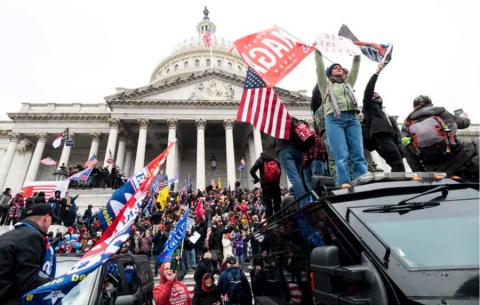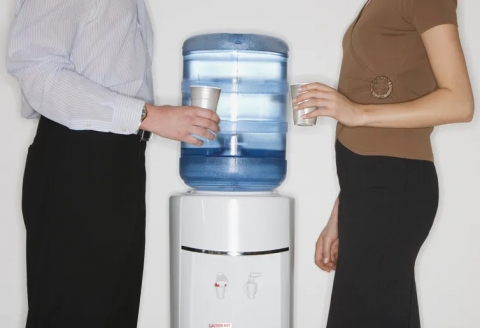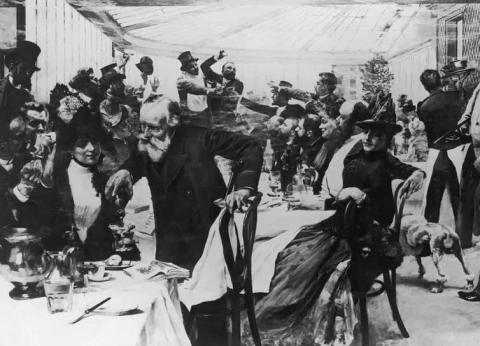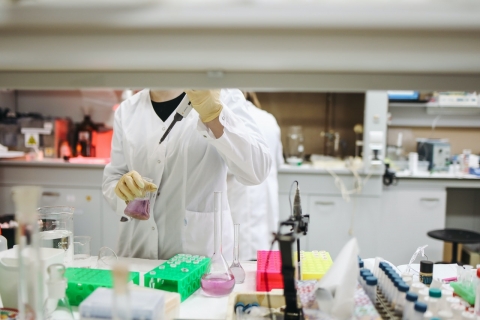Was it a coup? No, but siege on US Capitol was the election violence of a fragile democracy
Clayton Besaw, University of Central Florida and Matthew Frank, University of Denver
Did the United States just have a coup attempt?
Supporters of President Donald Trump, following his encouragement, stormed the U.S. Capitol building on Jan. 6, disrupting the certification of Joe Biden’s election victory. Waving Trump banners, hundreds of people broke through barricades and smashed windows to enter the building where Congress convenes. One rioter and one police officer died in the clash and several other police officers were hospitalized. Congress went on lockdown.
While violent and shocking, what happened on Jan. 6 wasn’t a coup.
This Trumpist insurrection was election violence, much like the election violence that plagues many fragile democracies.






